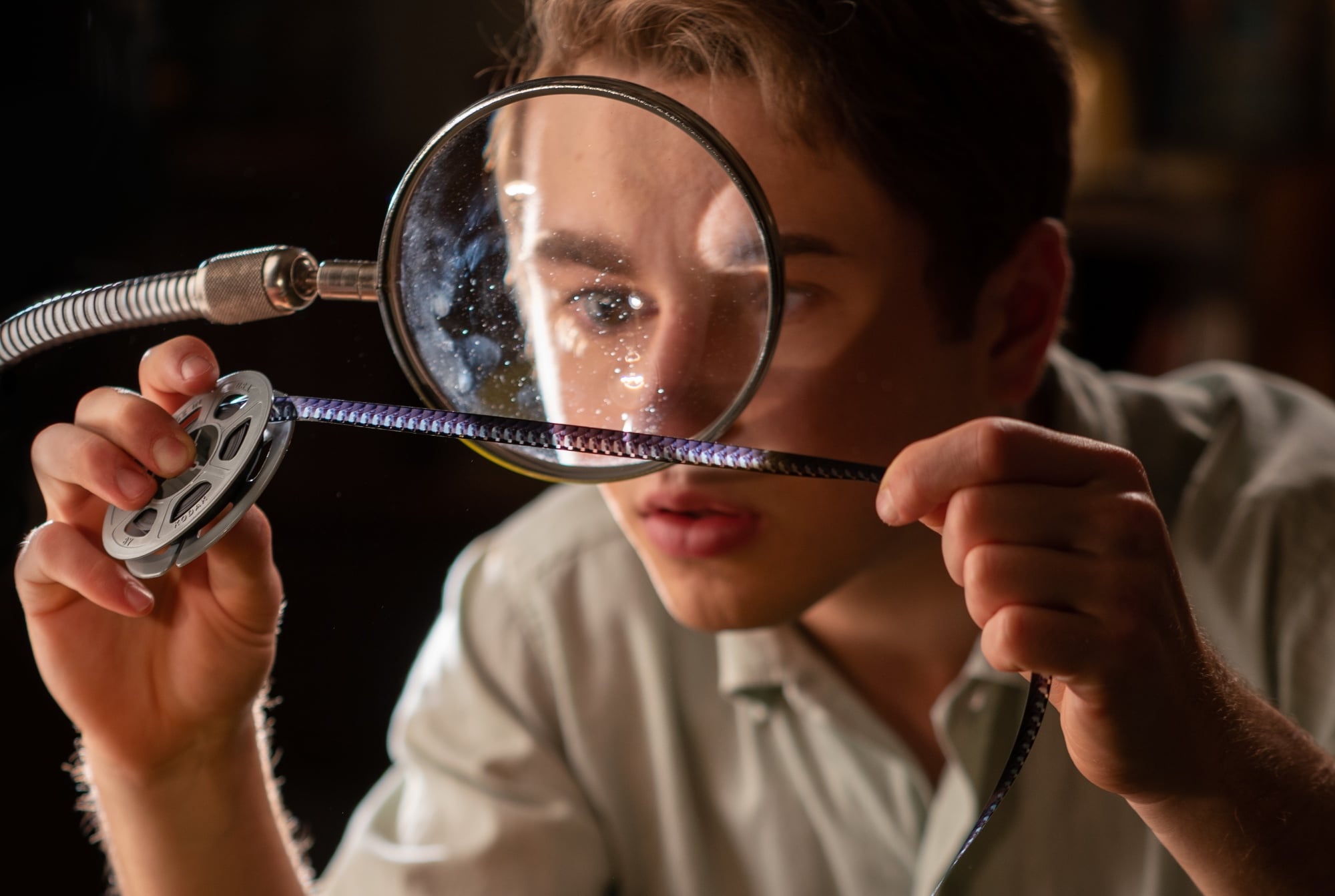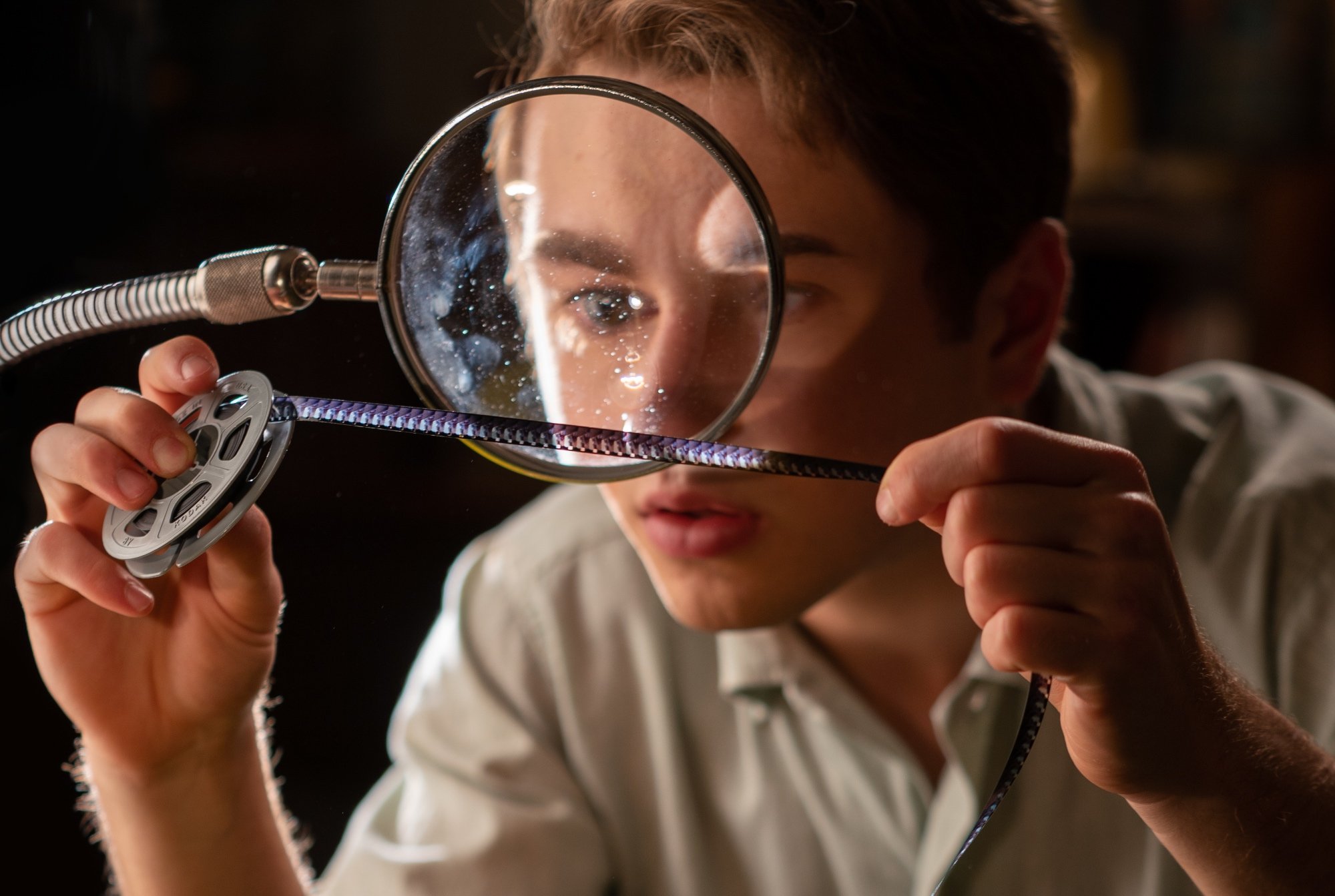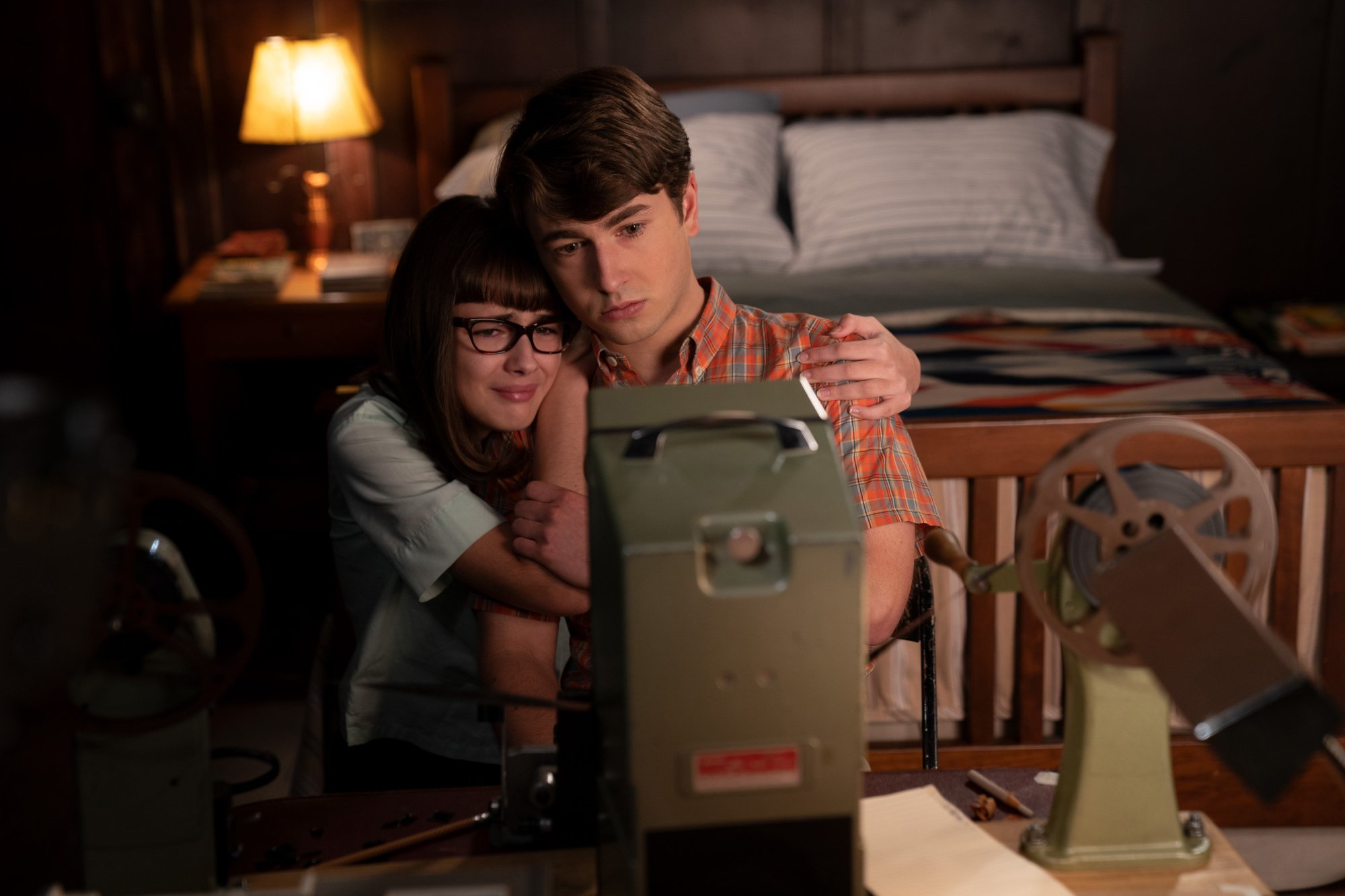
‘The Fabelmans’ Movie Review: Steven Spielberg Semi-Autobiography Dances With Art and Destruction
Director Steven Spielberg is one of the most talented filmmakers to ever grace the entertainment industry. He created worlds of wonder with E.T. the Extra-Terrestrial and Jurassic Park, but also tapped into real-life events with Schindler’s List and Saving Private Ryan. Now, Spielberg delivers his most personal feature film yet with The Fabelmans, which is a coming-of-age story inspired by his own upbringing. The final product is a relatable journey for all those who ever dreamed of a life in the movies.

‘The Fabelmans’ gives a peek into Steven Spielberg’s adolescence

Elements from Spielberg’s upbringing are told through the fictional narrative of Sammy Fabelman (Gabriel LaBelle). He spends his days in post-World War II era Arizona with his mother, Mitzi (Michelle Williams), father, Burt, (Paul Dano), and his sisters. When Sammy discovers an alarming family secret, it rattles his entire life to its core.
The adolescent’s passion for the art of cinema is a window into the truth, but it’s also a source of pain that threatens to tear apart everything that he holds dear. The Fabelmans chronicles his life from a young boy through his young adulthood, providing context to the story behind one of the world’s greatest filmmakers.
The destructive relationship between art and family
In a media landscape filled with streaming service options, the theater-going experience remains the optimal way to absorb cinematic storytelling. The Fabelmans reminds audiences of our first time sitting in front of the big silver screen with a room full of other audience members. Fear, shock, and, finally, astonishment all run across Sammy’s face as he takes it all in alongside his parents for the first time. Classics such as John Ford’s The Man Who Shot Liberty Valance stand out as notable moviegoing experiences for Sammy that shape him through loss and tragedy.
Sammy isn’t the only artist in the family. Mitzi has her own passion for playing the piano, which she’s immensely talented at, but she gave up that path for the sake of her family. The Fabelmans puts family and art at odds with one another, tearing the individual apart if they hold on too tight to both. Meanwhile, Burt is an engineer with a logical sensibility, believing that Sammy’s passion for movies is nothing more than a hobby. Soon enough, the young boy will face the same decision as his mother that feels like life and death between an artistic calling and the family he loves.
Spielberg and co-writer Tony Kushner put other factors into play, including setting and religion. The family finds happiness with their roots firmly planted in Arizona, but Burt’s career, unlike Mitzi’s artistic callings, comes before family. Each location brings out unspoken truths and realities within the family, morphing their relationships with one another. The family’s Jewish background also comes into play, as anti-Seminitism looms over Sammy’s school life. His knack for filmmaking becomes a gate for freedom, but it’s also proof of the hurt and pain that he can’t seem to escape.
‘The Fabelmans’ is deeply personal, yet widely relatable

The Fabelmans is undeniably sentimental, frequently to a fault, but Spielberg avoids the trap of becoming self-indulgent in his messaging on filmmaking. The craft isn’t the secret to life’s hardships and it isn’t always an escape from anguish. Rather, art has the power of giving a sense of control to its creator and an outlet for channeling that sorrow. Spielberg certainly tips his hat to the power of filmmaking, but he also places emphasis on the problems that cinema can’t solve.
But, as a retrospective piece on Spielberg’s life, the real story is far more fascinating than what made it to the silver screen. Many of the family dynamics are restrained, holding back some of the most consequential revelations and connections for a more sugar-coated narrative. Much of Sammy’s high school journey doesn’t flow with the family plot beats, which feel substantially more rewarding and entrancing.
The film’s restraint doesn’t weigh on the performers’ shoulders. Spielberg cast an impressive ensemble that marvelously plays off one another. Williams is given the most flashy material of the bunch, but her Mitzi never comes across as gaudy. She remains authentic and spellbinding through moments loud and quiet. Dano’s material as Burt is much more subtle, which he handles with absolute care and precision. Not a single line delivery feels out of place. Finally, LaBelle runs great risk playing a young Spielberg, but he’s an undeniable charmer with a show-stopping ability to carry the film’s emotional weight on his shoulders.
There’s no doubt that sentimental melodramatic antics and the sweetening of heavy subject matter glaze over the film’s potential dramatic gravitas. But, Spielberg finds a stirring hook that reels his audience in, while his brilliant cast’s masterful performances keep them there. The Fabelmans splices Spielberg’s reality with Hollywood imagination, constructing a coming-of-age story with a warm and tender core.
The Fabelmans hits limited theaters starting on Nov. 11 before expanding nationwide on Nov. 23.


